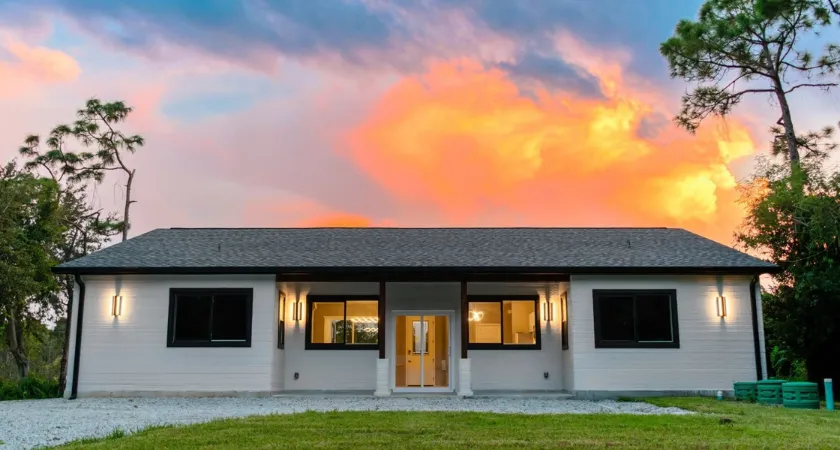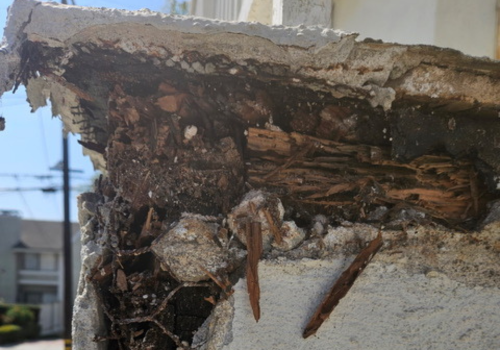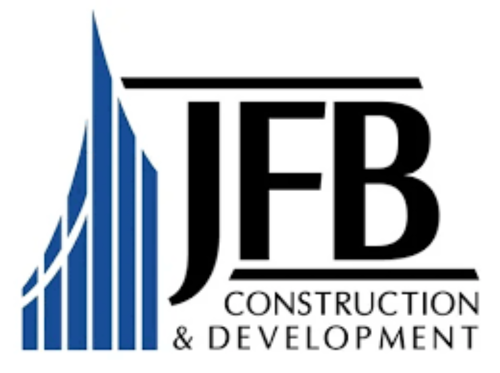
Florida has taken another major step toward the future of automated homebuilding as Apis Cor, a leading innovator in robotic 3D-printed construction, announced that its prototype 3D-printed home is now officially available for short-term stays on Airbnb. The milestone makes it the first 3D-printed home in the state to be listed on the platform, transforming what was once a tech demonstration into a fully functional overnight experience for the public.
The home, created with Apis Cor’s proprietary robotic printing system, represents a groundbreaking shift in how people can interact with emerging construction technologies. Instead of simply viewing photos or attending industry demonstrations, guests can now live inside a 3D-printed structure and evaluate the feel, comfort, and performance of printed concrete walls firsthand.
“People hear about 3D-printed homes all the time, but very few ever get to touch the walls, walk through the rooms, and feel that this is not science fiction—it’s real, and it’s here,” said Nikita Cheniuntai, CTO of Apis Cor. “By listing our 3D-printed house on Airbnb, we’re opening the door—literally—for anyone who wants to experience the future of construction firsthand.”
A Living Showroom for Builders, Investors, Designers & Travelers
The Florida demo home is not just a short-term rental—it’s also a fully immersive showroom designed for builders, developers, city officials, and investors assessing the speed, cost efficiency, and architectural potential of robotic construction.
To support that mission, the interior has been curated around storytelling and innovation. Each room highlights a different aspect of construction technology—materials, printing patterns, thermal performance, and design possibilities. The space features:
- Concrete printed structural walls
- Modern furnishings and a clean minimalist aesthetic
- High-speed internet and dedicated workspace areas
- Energy-efficient systems
- A layout that demonstrates what future printed homes could look like
The goal is to merge comfort with education, giving both leisure travelers and industry professionals a chance to evaluate the technology in real-world conditions.
A Step Toward Mainstream Adoption of Printed Construction
The listing reflects broader industry momentum for 3D-printed buildings, which have gained national attention due to their potential to reduce labor needs, cut construction timelines, and increase affordability—especially in regions facing housing shortages.
For Apis Cor, the Airbnb debut is a way to bridge public curiosity with commercial opportunity. “Our mission at Apis Cor is to make construction faster, more affordable, and more sustainable by turning building into an automated, robotic process,” said Cheniuntai. “This house in Florida is more than just a demo—it’s a real proof point that 3D-printed homes can be beautiful, livable, and ready for the mainstream.”
Expanding the Role of Short-Term Rentals in Construction Technology
Short-term rental platforms like Airbnb are increasingly being used for experiential stays—treehouses, domes, microhomes, renovated industrial spaces—and Apis Cor’s listing taps into that trend. For the company, Airbnb serves as:
- A marketing channel for future buyers
- A hands-on testing environment for product developers
- A training tool for construction partners
- A showcase that makes new technology accessible to the public
Guests can observe details that often go unnoticed in traditional model homes: the curvature of printed walls, layered textures, built-in structural patterns, and the simplicity of the building envelope created by a robot.
A Preview of Cities of the Future
Apis Cor and other industry innovators see 3D-printed homes playing a major role in addressing the housing affordability crisis across the U.S. Many cities—especially those in high-growth Sun Belt states—are exploring how automated building systems could reduce costs and speed up home delivery.
By launching the Airbnb listing, Apis Cor is offering a glimpse into a future where:
- Entire neighborhoods could be robot-built
- Construction timelines could shrink from months to days
- Material waste could be drastically reduced
- Customized designs could be printed with little additional cost
- Housing could become more accessible and sustainable
The listing allows travelers to live inside that vision—making the future tangible, real, and bookable.
Originally reported by Air PNB.

.webp)





